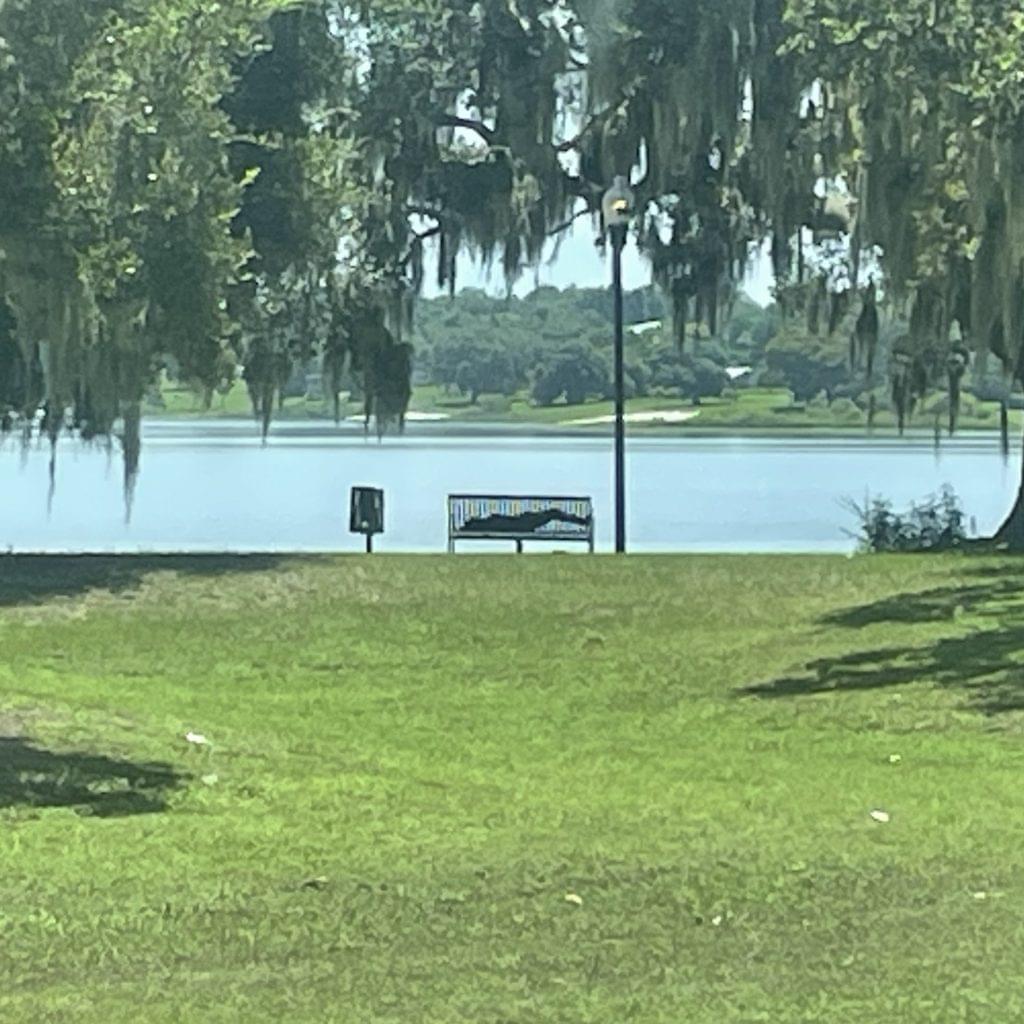
Let’s face it; the summer heat is only going to get worse in the coming weeks. August is prime humidity season, the kids will be starting back to school and ramping up their activity level, and temperatures will remain high for the foreseeable future.
The person in this photo, taken by Lake Wailes last week, was clearly taking a break, and she had the right idea.
It’s a good time to share some tips on staying cool:
The biggest thing is staying hydrated. Sipping water throughout the day and not waiting until you’re thirsty is key. Hydrating well is even more important if you’re exerting yourself as you lose precious fluids faster. So fill up and carry that water bottle.
Along those lines, if you care for small children or older adults, be a good advocate for them and make sure they’re staying hydrated.
Obviously, hanging out in an air-conditioned space is ideal. Take it one step further, and use curtains or blinds to keep the sun out. This will help your home to stay cooler longer, while saving money and energy. If your home is not air-conditioned, shade is tremendously important, as is a fan if possible. The latter may not be enough during an extreme heat event. In general, staying out of direct sunlight will go along way to keeping your body temperature cooler.
Try to limit your outdoor activities to earlier in the morning and later in the evening, when the sun is not at its peak. It makes a huge difference to both temperature and comfort.
Wear loose, lightweight, and light-colored clothing that reflects rather than absorbs heat. Cotton is an excellent breathable fabric that most of us have in the closet. And of course, sunscreen with a high SPF will help to keep your skin from burning.
Don’t forget about your pets. They should have access to cool, fresh water during the day so they can also stay hydrated. If they have to be outside, shade is a must.
If you take prescription medication, be aware that some medicines do not pair well with direct sunlight.
If your body warms too much or too quickly, heat exhaustion can develop. Symptoms can include cool, clammy skin, excessive sweating, muscle cramps, a fast or weak pulse, weakness, dizziness, and vomiting.
So stay cool, stay hydrated, and look after your friends and neighbors.
For more information about heat exhaustion, or ways to stay cool, please visit www.cdc.gov.


